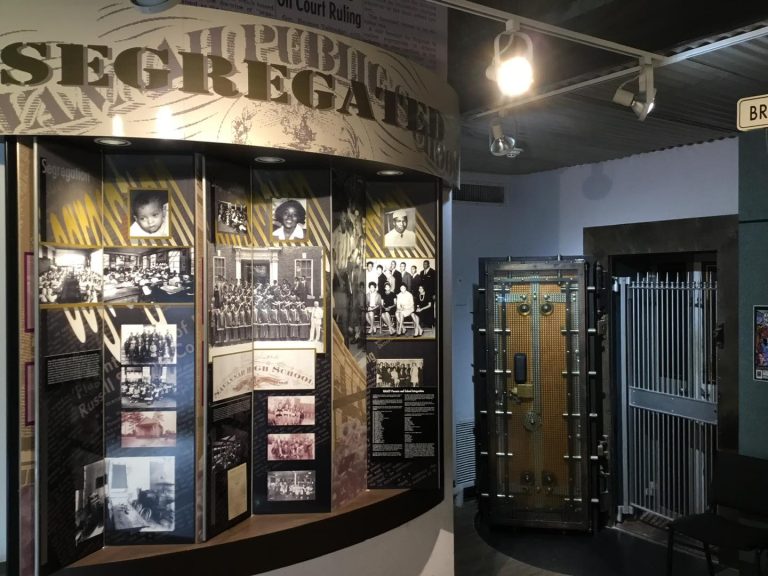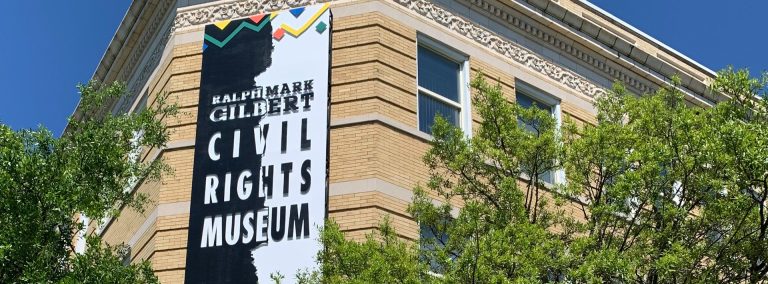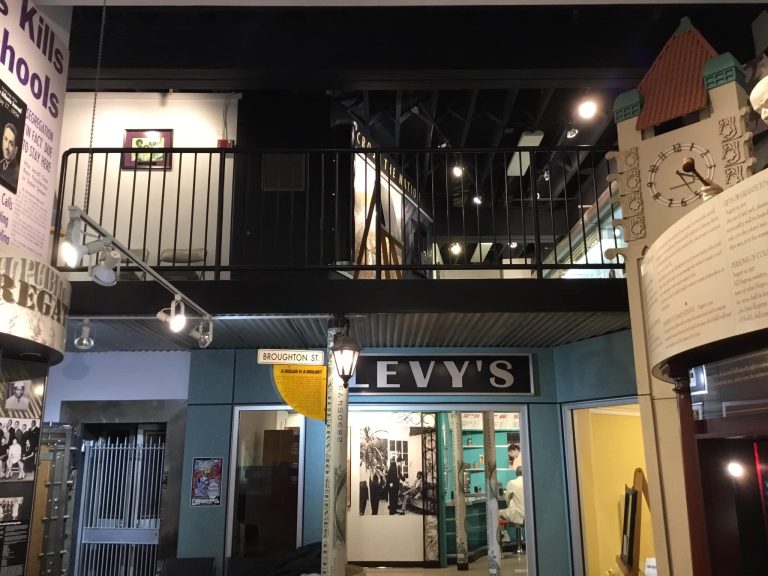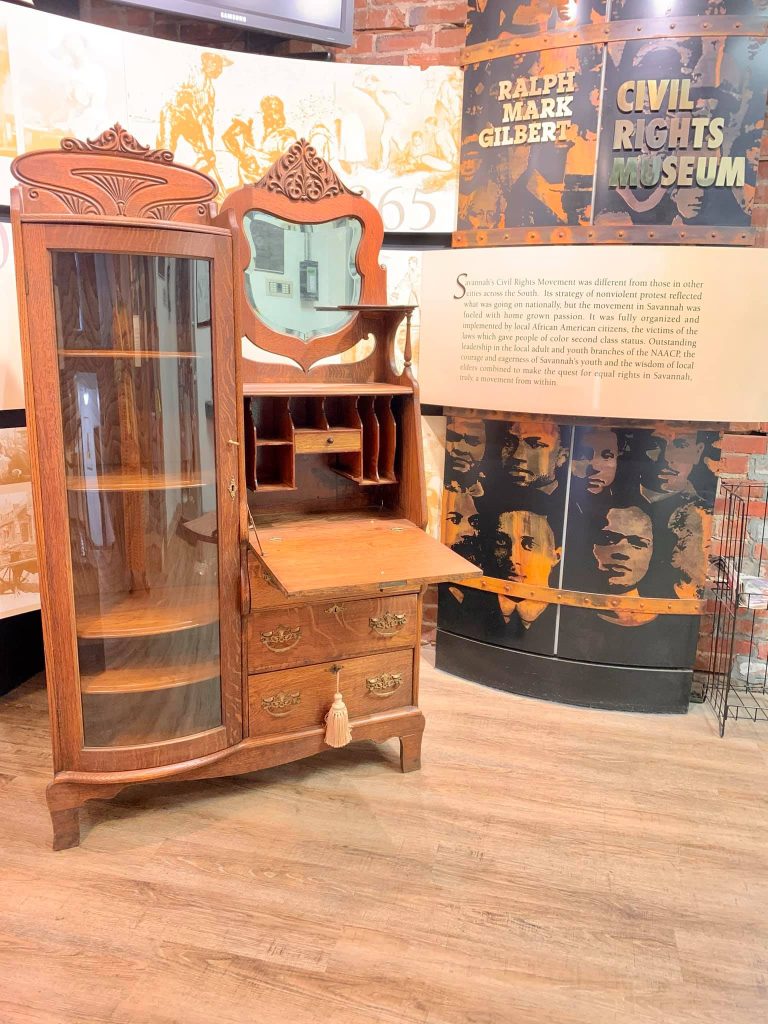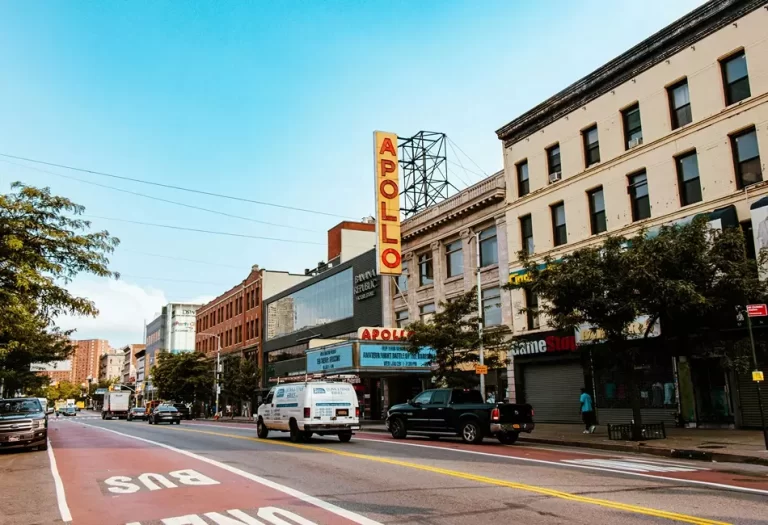The museum’s unique approach provides students with a compelling journey through the history of the Civil Rights Movement in the United States, with a focus on Savannah’s pivotal role in the struggle for racial equality. Named after Reverend Ralph Mark Gilbert, a leading civil rights figure and former pastor of the historic First African Baptist Church, the museum offers educational exhibits that highlight local and national events, figures, and strategies that contributed to the fight for civil rights and social justice. Through multimedia displays, artifacts, and interactive exhibits, students gain a nuanced understanding of the movement and the enduring legacy of those who advocated for equality.
Field trips to the museum are carefully crafted to engage students with critical historical themes in social studies, ethics, and American history. Students are introduced to figures who played crucial roles in the Civil Rights Movement, from local leaders like Dr. Gilbert to national icons such as Dr. Martin Luther King Jr. Exhibits cover the methods used in nonviolent protests, including sit-ins, marches, and boycotts, helping students understand the strategies employed to resist segregation and discrimination. This historical context allows students to explore the principles of justice, freedom, and equality, which remain relevant in contemporary discussions on civil rights.
The museum’s educational programs are meticulously aligned with curriculum standards, ensuring they foster critical thinking, empathy, and a deeper understanding of social justice issues. Guided tours and workshops enable students to delve into primary source materials, including photographs, letters, and newspaper articles from the era, which provide insights into the lived experiences of those who resisted oppression. Interactive exhibits encourage active participation, such as recreating historic civil rights moments, enabling students to engage emotionally and intellectually with the material.
Educators can tailor visits to specific learning objectives, making the museum an ideal setting for lessons on ethics, citizenship, and the importance of civic engagement. The museum also offers pre- and post-visit resources, including discussion questions and activities teachers can integrate into classroom learning. These resources are designed to help students reflect on their experiences at the museum and apply the lessons learned to broader discussions about social issues and civic responsibility.

